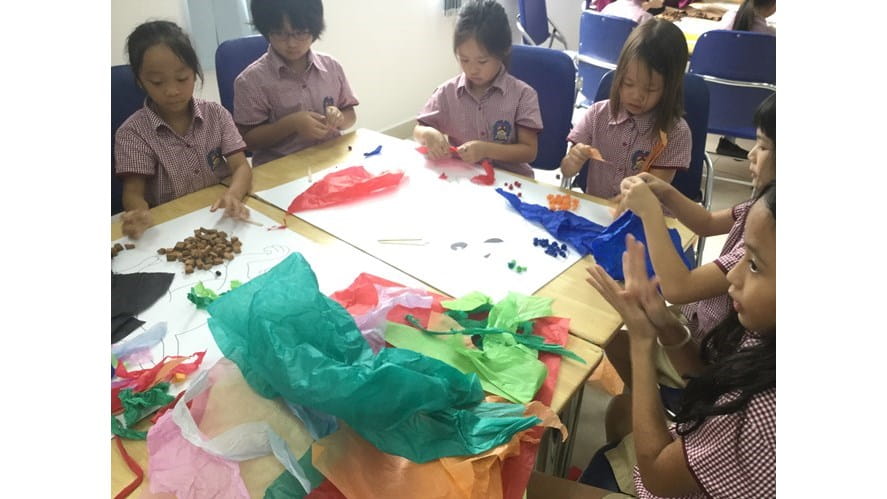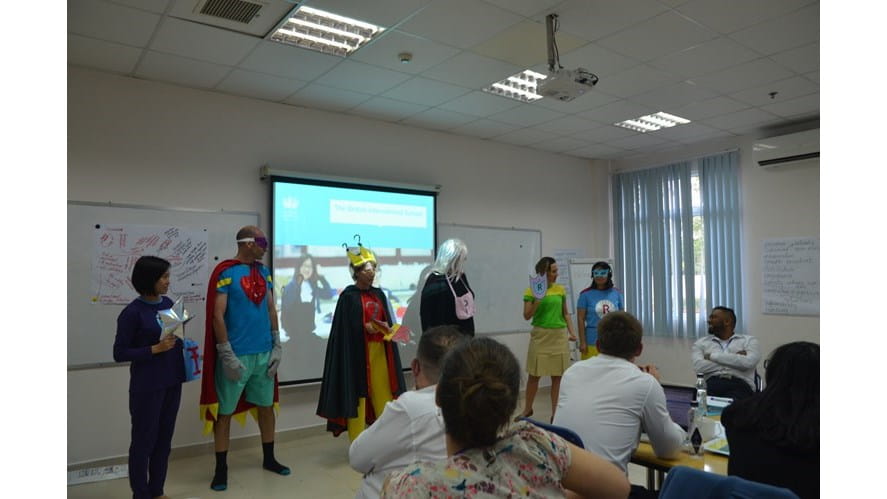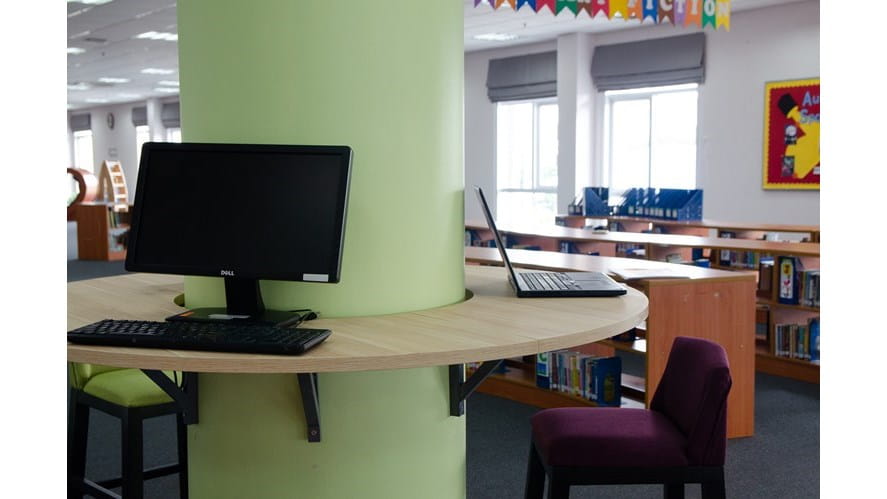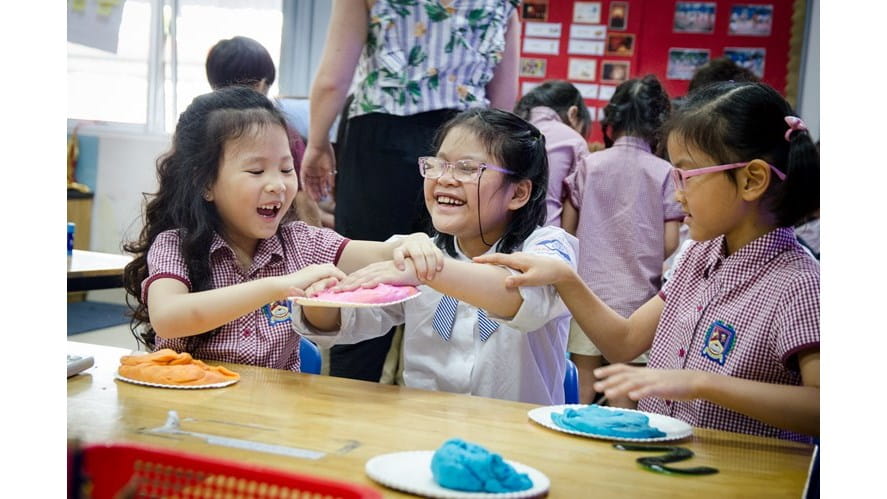Learning the Language of Education
Dear Parents,
Last week, I wrote about the BIS being a IB World School and offering the International Baccalaureate Diploma, commonly known as IBDP. Then on Tuesday, I briefly joined a small group of parents who were meeting with Mr. Webb, Mrs. Hendry, Ms. Jinny and Ms. Kaori for the purpose of piloting a questionnaire which will soon be sent to all parents in KS3 and Year 6. The question from one parent was…'what is KS3?'. This was an excellent question which raises the issue about the number of acronyms and abbreviations freely used in the education world. Ever wondered what IPC, KS3, FOBISIA, NAE, CIS, WASC, EYC, IGCSE and ECA actually mean? This week, I aim to explain and introduce you to a whole new language, not an MFL (Modern Foreign Languages), but the language of education!
Let me start in the EYFS. EYFS is the first phase of education here at BIS and stands for Early Years Foundation Stage (F1, F2 and F3). The curriculum is play based and children are educated in the EYC (Early Years Centre). Year 1, a transition year, is also housed in the EYC and all year groups in the EYC are collectively known as Phase 1.
Children then move to Year 2, in the main school building, and enter Phase 2 (Year 2 to 4). Phase 3 is the term used for Year 5 and 6. Phase 1, 2 and 3 children all study the IPC, The International Primary Curriculum, which is a wonderful, creative curriculum taught through topics and combines strands from the Geography, History, Art, Design Technology and Science curricula. An additional strand adds a truly global element by looking at personal learning and international mindedness.
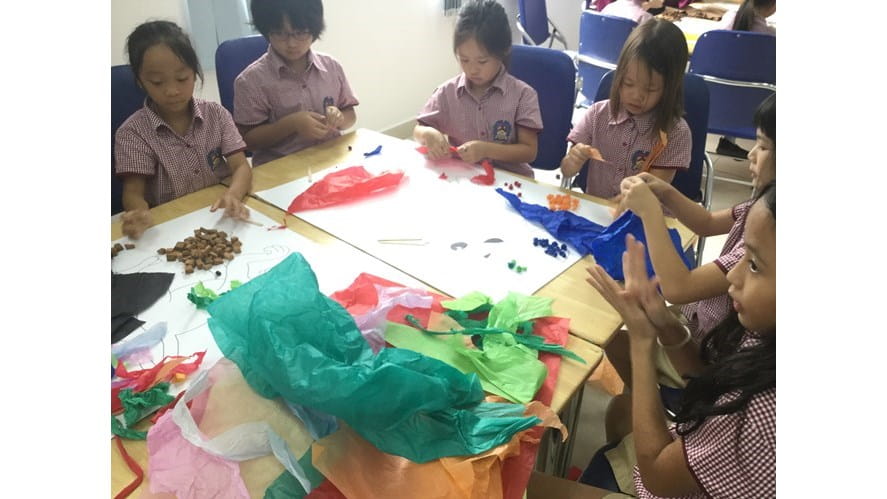
In Secondary, the students enter KS3 (Key Stage 3) which is the collective names for Year 7, 8 and 9. KS3 is a well-balanced curriculum, with a focus on core subject areas Maths, English and Science. KS4 (Key Stage 4) is a 2-year phase: Year 10 and 11. During KS4, students focus on core subject areas in addition to chosen subjects which culminate in important exams known as International General Certificate of Secondary Education (IGCSE), set by The University of Cambridge in the UK and marked externally. IGCSE exams prepare students for International Baccalaureate and A Level programmes.
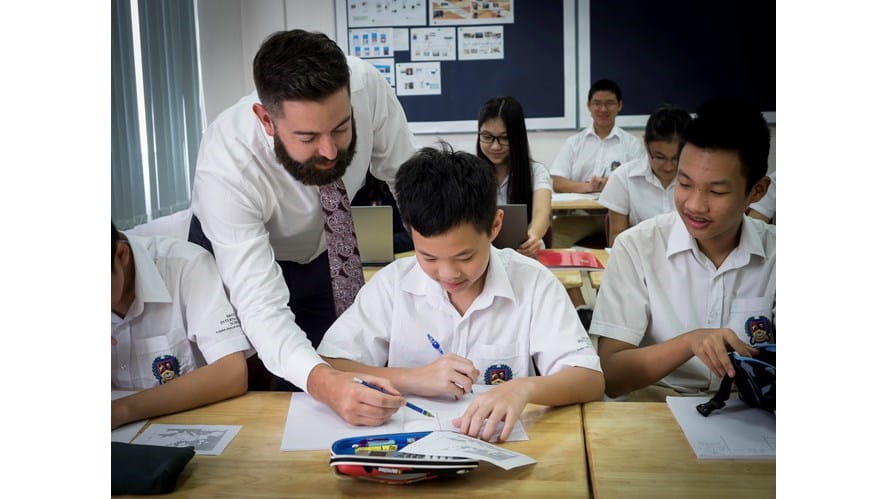
The final education phase is KS5 (Key Stage 5) where students study for the IBDP (International Baccalaureate Diploma Programme). Please see last week’s news for further information.
Now on to the subject of the organisations which have formally inspected and accredited BIS Hanoi. BIS has been accepted as a member of FOBISIA (Federation of British International Schools in Asia) a group of the leading British schools in the region. This enables BIS to enter regional competitions e.g. Maths and FOBISIA Games. Through these events students from different countries and cultures are able to interact and enjoy working together on common interests.
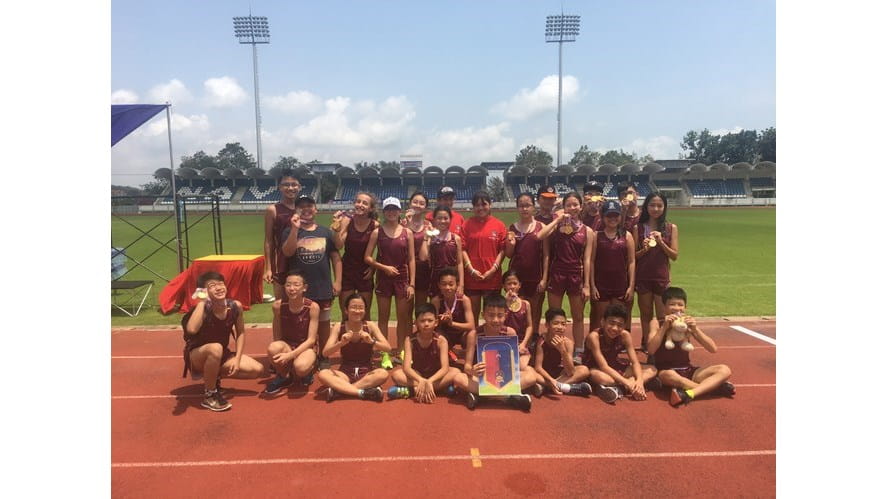
BIS Hanoi has also been awarded full accreditation by the Council of International Schools (CIS) and Western Association of Schools and Colleges (WASC). CIS is recognised by Ministries and Departments of Education around the world as the demonstration of a school’s commitment to high quality international education. The quality and rigour of the accreditation process for CIS and WASC focuses on high performance in student learning and global citizenship. Over 550 of the top universities in the world are members of CIS; WASC is one of six official academic bodies responsible for the accreditation of public and private universities, colleges, secondary and elementary schools in the United States.
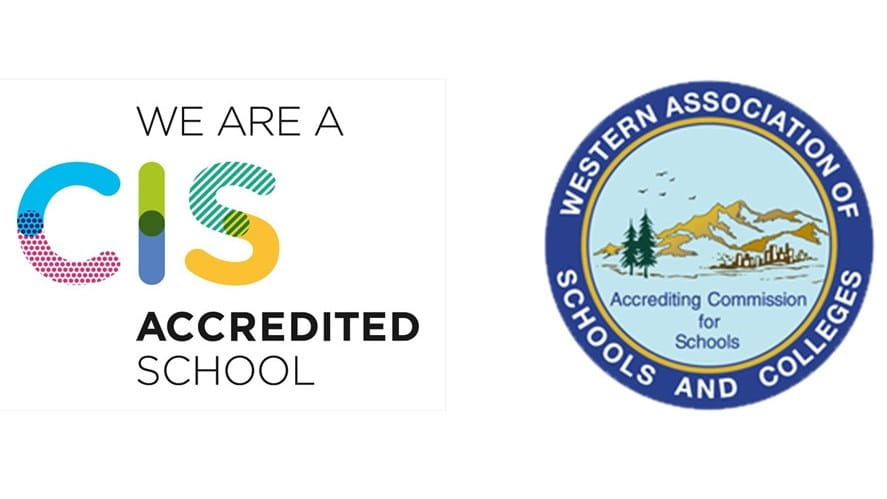
Finally, BIS is one of 46 schools in the NAE (Nord Anglia Education) family of schools spanning 17 different countries. Please visit our website to find out more about the exciting possibilities this brings for your children.
I hope this has provided a useful brief explanation of some of the terms commonly used here at BIS. Oh, and next week is the start of our ECAs (Extra Curriculum Activities), yet another term in our education language!
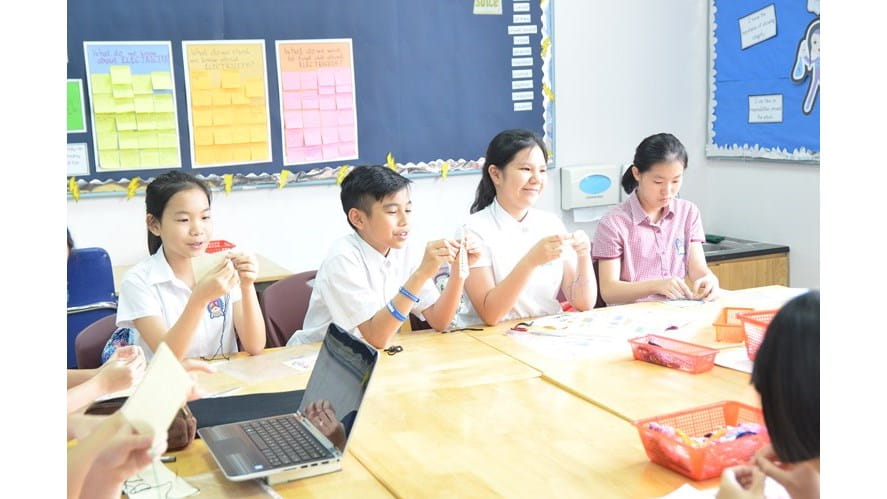
Saturday School
Saturday School is due to start tomorrow at the BIS and for the first time this includes sessions for parents. All parents are welcome to join for coffee and an exciting session on ‘Technology, how to catch up to your children’.
Ms Sue Hill, Principal

